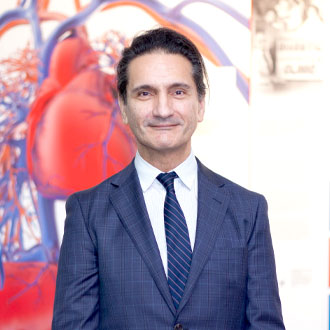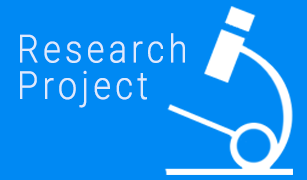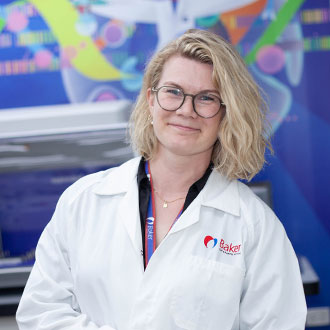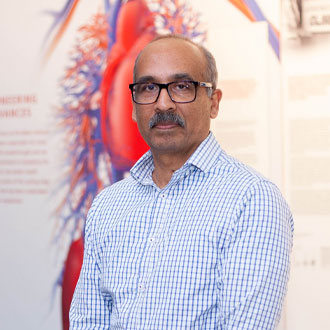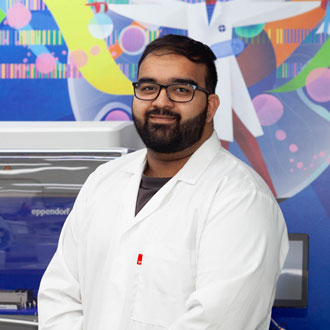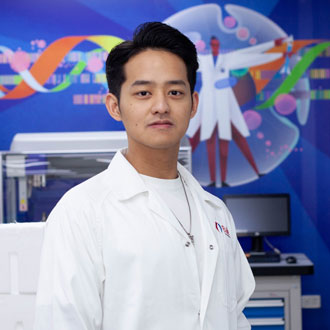About Epigenetics in Human Health and Disease
Our DNA is the blueprint — but epigenetics helps determine which genes are switched on or off, when, and in which cells. These effects are mediated by chemical marks on DNA and histone proteins (e.g. DNA methylation) and by changes in chromatin structure, allowing life experiences and environmental exposures to shape biology without altering the DNA sequence.
Epigenetic regulation is a major mechanism linking gene and environment interactions to health outcomes. Our research focuses on identifying the epigenetic programs that integrate metabolic and inflammatory signals into durable gene-expression changes that contribute to disease risk and progression.
Recent advances in epigenomics are transforming how we understand human development and disease. By combining mechanistic models with human studies, we aim to define which epigenetic changes are causal, which are reversible, and which can be targeted therapeutically.
Understanding gene regulation in disease
We investigate how chromatin regulators and transcriptional co-regulators control gene programs relevant to human disease using genetic, epigenomic, and molecular approaches.
Led by Professor El-Osta, our group studies the epigenetic basis of metabolic memory and cardiometabolic disease — how prior metabolic stress can leave long-lasting molecular imprints that persist even after clinical parameters improve. We also examine gene-silencing processes associated with DNA methylation and chromatin remodelling across preclinical models and human populations.
Our goal is to deliver fundamental insight into how epigenetic and chromatin mechanisms shape disease-relevant gene expression — pinpointing tractable pathways and new therapeutic targets.
Research approach
Investigating molecular mechanisms
We dissect gene-regulatory mechanisms mediated by repressor and co-activator complexes in relevant human cell systems, including vascular endothelial and cardiac cells and selected tissue contexts. This work has generated mechanistic insight into how epigenetic dysregulation drives persistent transcriptional shifts in endothelial dysfunction, vascular disease, and early-life programming.
Across these model systems, we map how chromatin-modifying complexes establish and maintain gene-expression states — linking specific epigenetic mechanisms to disease phenotypes and identifying points where the system can be reset.
From mechanisms to cures
By defining which epigenetic programs sustain cardiometabolic disease, we aim to translate discovery into therapeutic strategy — moving from mechanism to intervention to improve outcomes for people living with diabetes and cardiometabolic disease.

